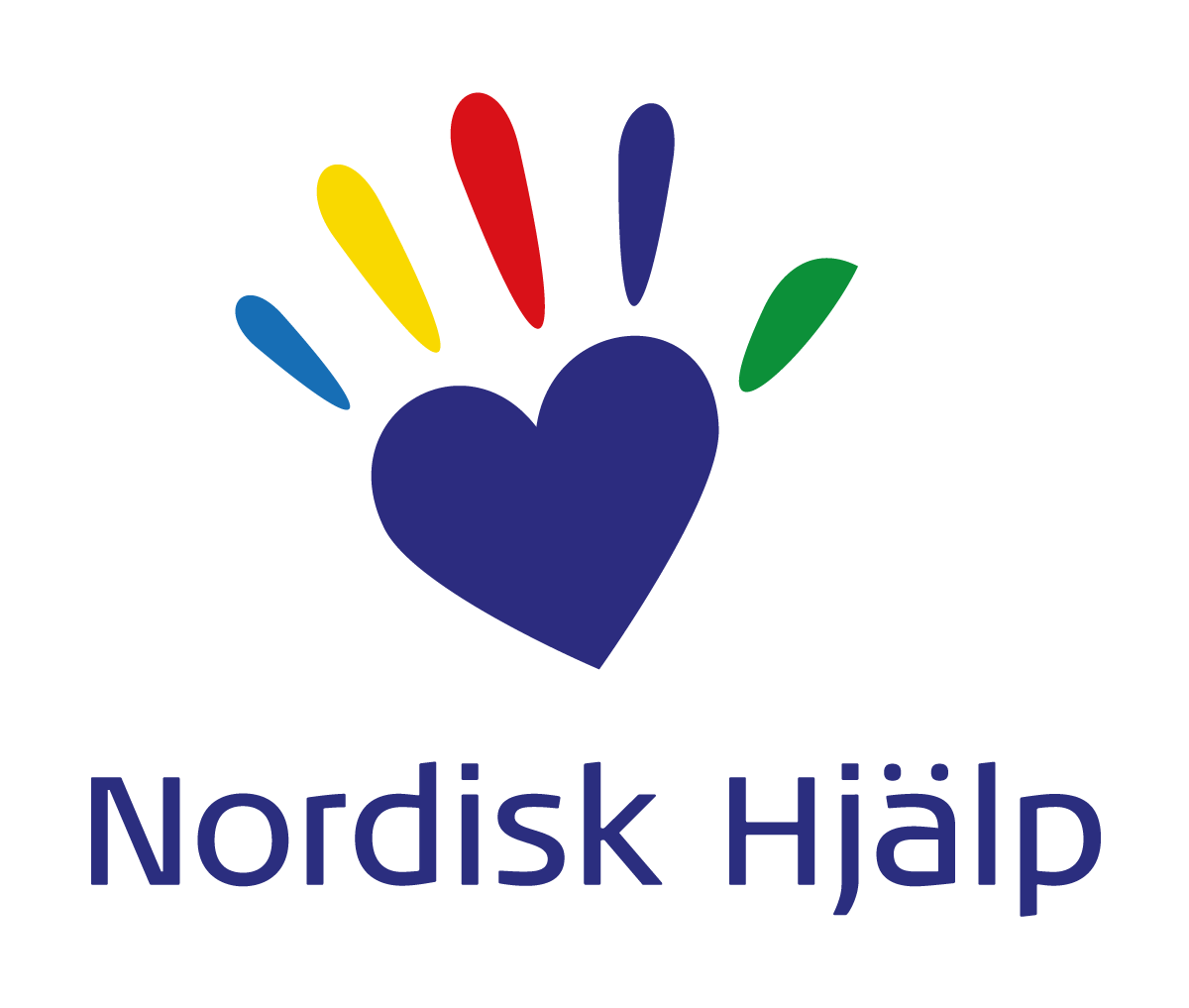We make use of a CRM (constituent relations management software) called CiviCRM that keeps track of your details, your consent, permissions and preferences along any dealings with us. It’s basically an online database that allows us to focus on doing what we do best as a non-profit. It also makes it easier to accept online gifts. The data collected and stored would include personal information because of the nature of the software, but we take handling any sensitive information with care very seriously.
In terms of security we use SSL on all our webpages to ensure safe transfer of data, and we make use of standard methods and processors for secure online transactions. Wherever necessary we also keep truly sensitive information on encrypted storage with limited access.
Information is kept in our database until it is requested to be taken off. Once the request for deletion has been made, we delete all related data online. If you request to see what we have stored, we can send what we have online as well. Any other requests pertaining to the handling, access and use of your data will also be addressed to the best of our abilities.
For such requests please send an email to info@nordiskhjalp.org or call us at 040-21 29 33 during working hours.
A cookie is a small text file stored on your computer and it contains certain information. Cookies are usually used to improve the website for you as a visitor. Generally there are two types of cookies you may encounter:
We use both types on our website. When you visit our site, a session cookie is sent between your computer and our web server. This data is used to make better decisions concerning navigation, for example. Session cookies are also used when using our e-services. The cookie disappears when you finish the visit.
According to the Electronic Communications Act (SFS 2003: 389), anyone visiting a web site with cookies should also have access to information about cookies and why/how cookies are used. The visitor should also consent to cookies being used. According to the General Data Protection Regulation (GDPR) the visitor should be able to remove their consent as well. We describe how in the descriptions below.
In any case, we always want to be clear and transparent about how we handle personal information and your privacy, so that’s why we think it’s good to inform you about these details.
We use Google Analytics to get an idea of how visitors are using the site.
Information created by these cookies by your use of the site (including your IP address) is forwarded to and stored by Google’s servers in the United States. The information is used to evaluate visitor statistics. For example, we use reports of visits to the site to improve navigation and structure. Google may also transfer this information to third parties if required by law, or if a third party processes the information on behalf of Google. Google will not match IP addresses with other data.
In order to further protect your privacy, Google uses IP Anonymization in Analytics. This means that the last digits of the IP number are masked, for example 192.168.1.xxx.
The cookies created can last from 30 seconds to 2 years. None of the information stored is personal to you and is limited to your interactions with the website and our e-services. Read more
_ga lasts for 2 years by default. We use it to distinguish users over long periods of time.
_gid lasts for 24 hours and is used to distinguish users on a session basis.
_gat lasts for 1 minute and is used to throttle request rate.
And finally AMP_TOKEN lasts from 30 seconds to 1 year. It contains a token that can be used to retrieve a Client ID from AMP Client ID service. Other possible values indicate opt-out, inflight request or an error retrieving a Client ID from AMP Client ID service.
If you do not want cookies stored on your computer, you can turn them off. Your browser’s settings will have the options on handling cookies. If cookies are turned off, be aware that you may not be able to use certain features on the site. Alternatively if you don’t want your site visits to appear in Google Analytics statistics, you can use an opt-out extension for your browser.
Google Analytics “Opt-out” extension is available for download to different browsers. More information can be found through Google’s Privacy Policy.

